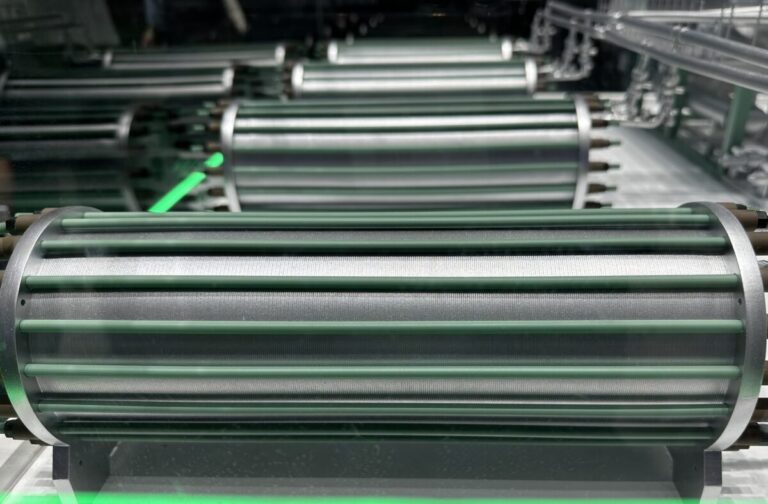The UK government has announced a new business model for hydrogen, based on switchable power deals available for carbon capture technologies.
The UK government has said it will create a new subsidy scheme for hydrogen-to-power (H2P) plants. The support will be based on the support of the Dispatchable Power Agreement (DPA) introduced for CO2 capture. H2P factories will also gain access to the UK capacity market “as soon as practicable”, the government announced.
More details on support for H2P are expected in spring 2025, but initial plans point to a grant based on elements of the DPA introduced to support the deployment of carbon capture and storage (CCUS). The government will provide a support payment to H2P factories in an effort to provide investors with greater income security, expecting investment and financing costs to fall as the market matures.
The DPA business model introduced in the UK for CCUS factories is based on Contract For Difference (CfD) terms. It offers an availability fee, which is paid to plants based on performance regardless of whether the site is transmitting, and a variable payment to make the plant more competitive with fossil fuel plants operating without CCUS equipment. Contract duration can vary from 10 to 15 years. Exact details for the H2P support will be confirmed following further consultation with industry stakeholders.
Industry association Hydrogen UK welcomed the government’s commitment to developing market interventions to support the deployment of H2P. In a statement published on LinkedIn, the association said: “H2P will be an important tool in achieving clean energy and our net zero targets. Hydrogen UK and our members look forward to working with government next year to develop a suitable and detailed H2P business model that supports the development of leading hydrogen-to-energy projects.”
According to the British government, access to the capacity market for H2P should also come as soon as possible. Auctions for Britain’s capacity market are run by the National Electricity System Operator (NESO), with successful bidders winning contracts with state-owned Low Carbon Contracts Company. Contracts on the capacity market can have a term of up to 15 years and offer investors more security of turnover.
The government has recognized that given higher first-of-a-kind costs and fuel availability concerns, H2P projects may struggle to access capacity market support in the short term. However, it added that allowing H2P to compete in the capacity market would ensure greater long-term stability for the technology.
The UK government sees H2P, CCUS and long-term energy storage (LDES) as key to reducing the country’s dependence on unabated gas-fired generation without associated storage technology. The announcement of new H2P support follows the launch of a cap-and-floor arrangement for LDES in October 2024.
This content is copyrighted and may not be reused. If you would like to collaborate with us and reuse some of our content, please contact: editors@pv-magazine.com.


